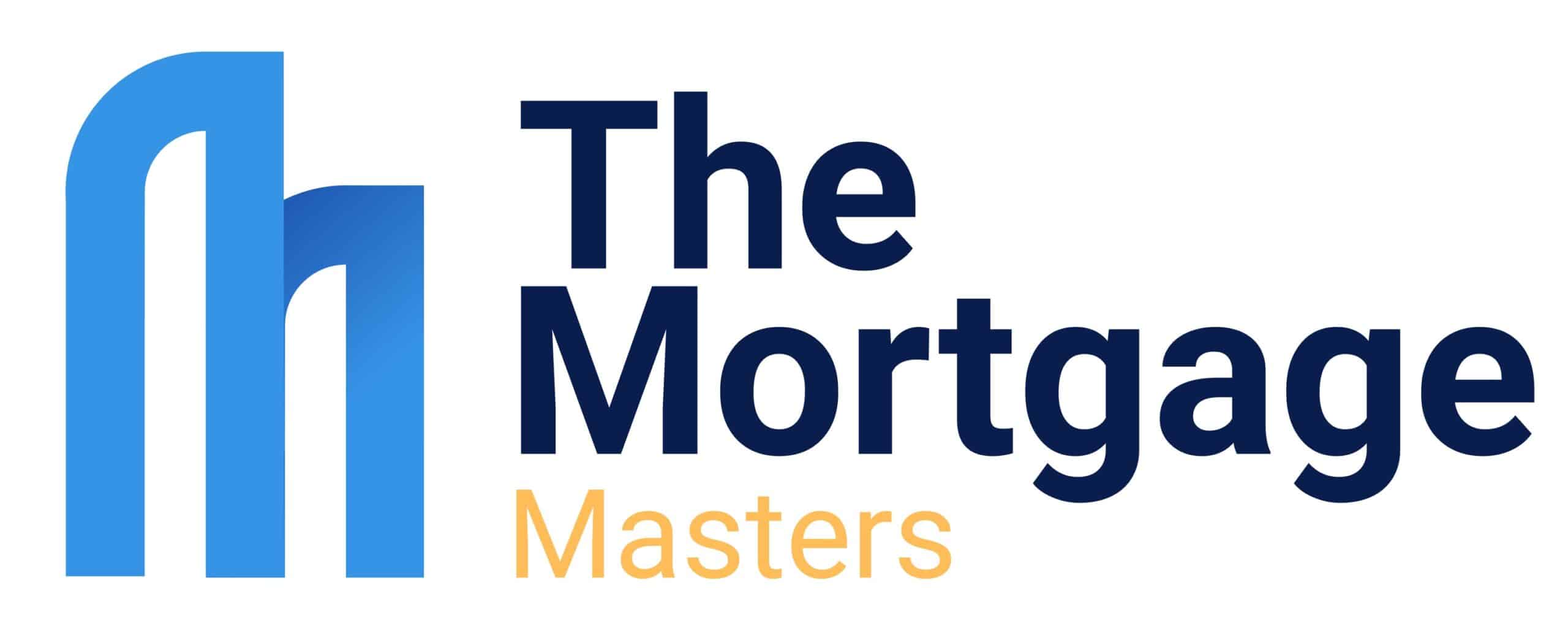
Table of Contents
Whilst Sole Traders have access to the same mortgage products as anyone else who’s employed, the mortgage process can be difficult to navigate and the application process can be more complex. A self-employed mortgage adviser with a sound understanding of lender criteria can help to ensure you approach the right lender for mortgage success.
How do I know if i’m eligible for a mortgage as a Sole Trader?
Each lender has their own unique criteria when it comes to mortgages. Many high street lenders require higher deposits and three years of consecutive trading history, to fit their risk profile. However other lenders are much more flexible and offer products more tailored to self-employed individuals. For this reason, there can be huge differences between how much one lender can let you borrow in comparison to another. Consulting with a mortgage broker with access to high street and specialist lenders is crucial, to finding the most cost-effective mortgage product for your circumstances.
How much deposit do I need for a mortgage as a Sole Trader?
Most lenders require Sole Trader to have a minimum deposit of 10-15%, although there are no exceptions with lenders who will accept a 5% deposit providing you meet their criteria regarding trading history and credit profile.
Can I get a mortgage with only one year of accounts?
In short – yes! Providing you meet other lender criteria too.
Lenders need to be able to verify that your mortgage is affordable and therefore need to ensure that your income is reliable and sustainable. For this reason, Sole Traders who have been in business for several years are seem as lower risk than those who have only been trading for one or two as they have a proven track record of running a successful business.
If you have three years of experience you will have access to the majority of lenders. This will reduce with only two years of trading history,
There are a handful of lenders happy to lend if you only have one year of trading history. Having previous experience working in the same line of work can be advantageous and potentially get you access to more favourable rates.
How much can I borrow?
To assess your affordability, lenders with generally multiply your income by between 3.5 and 4.5, However, some lenders will lend significantly more. Some will take an average of your income over the last two or three years, and others with base your lending potential on your most recent trading years.
Lenders will also take factors such as your age, expenditure and credit profile into account.
For this reason, there can be huge differences in your affordability between lenders so if you’ve previously been turned down by your bank, you may have options elsewhere. A mortgage Adviser can help you navigate the lender criteria to ensure you approach the right lender to suit your circumstances.
What documents do I need to get a mortgage as a Sole Trader?
As a Sole Trader, your income may fluctuate significantly from year to year. Sole traders can’t simply print off payslips to show your earnings. Lenders want to see as much evidence as possible to calculate your annual earnings to ensure that they are happy to lend.
To prove your earnings you may need the following:
- SA302s or tax calculations
- Tax year overviews
- 3 months business bank accounts
- 3 months personal bank accounts
- You may also need to provide an accountant’s projection
Your accountant should be able to provide you with your tax documents. Alternatively, you can download them directly from the HMRC portal.
What steps can I take to ensure I’m mortgage-ready?
- Review your credit score – You can view a copy of your credit report score on checkmyfile and check it to ensure that all the information on there is accurate, Signing up for the electoral role, ensuring you always make payments on time and removing any old associations from your credit scores (e.g. ex-partners) may all help boost your score.
- Keep your personal and business accounts separate.
- Use a certified accountant to submit your tax returns.
- Gather the documents needed for your application (e.g. Photo ID, proof of address, proof of income, 3 months bank statements, proof of deposit, and a copy of your credit file.
Can I get a Sole Trader Mortgage with bad credit?
Having a poor credit history will not automatically prevent your from getting a mortgage but it may reduce the lenders you have access to and the rates and products that you have access to are likely to be less favourable.
Some lenders specialise in bad credit and rates they offer and will be determined by the extent of your credit history. For example, a small slip such as a missed payment or minor default with a utility company will have much less of a negative impact that having had CCJ’s or bankruptcy. A mortgage advisor can support you in identifying the best way forward and knowing which lender to approach.
Sole Trader Mortgage FAQ’s
Is a Sole Trader Mortgage designed for a residential property purchase?
Yes, even though the income derived from your trading business is needed for affordability, you are borrowing as an individual, not as a business.
However, buying a property to trade from would require a commercial mortgage and the product features and terms would differ significantly from that of a residential mortgage.
What if my true earnings aren’t reflected in my SA302s/Tax Calculations?
Lenders typically assess affordability based on your SA302s. However, some lenders will calculate it based on gross income, disregarding expenses deducted from your tax return.
Will I pay higher interest rates for a Sole Trader Mortgage?
A Sole Trader should have access to the same mortgage products as an employed applicant. However, the rates you are eligible for will depend on factors such as your trading history and credit profile.
